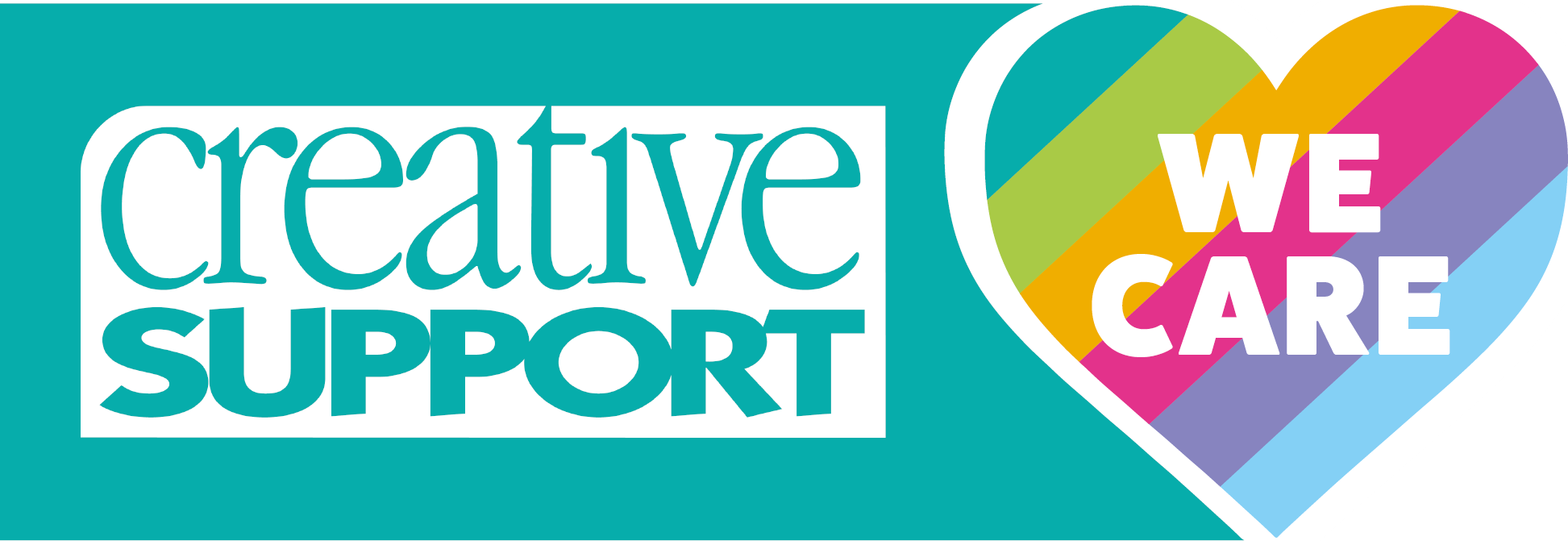Anna’s Blog – Our Commitment to Reducing Restraint
 In my last blog I looked at the CQC’s recently published reports which called for a renewed focus on lessening the reliance on restraint and restrictive practices in the care sector. These reports highlighted the importance of services offering more personalised and supportive practices for people in their care, rather than turning immediately to restraint or segregation as a one-size fits all practice. Limiting the use of restraint in the care sector is of paramount importance, though we know it will take time to fully implement. We also know how integral it is to providing the best quality of support possible, but that this is another challenge the sector has to face in an exceptionally challenging period.
In my last blog I looked at the CQC’s recently published reports which called for a renewed focus on lessening the reliance on restraint and restrictive practices in the care sector. These reports highlighted the importance of services offering more personalised and supportive practices for people in their care, rather than turning immediately to restraint or segregation as a one-size fits all practice. Limiting the use of restraint in the care sector is of paramount importance, though we know it will take time to fully implement. We also know how integral it is to providing the best quality of support possible, but that this is another challenge the sector has to face in an exceptionally challenging period.
Lessening restraint has been a priority for the sector as a whole. It is best practice to try and use alternative methods before resorting to using restraint. As an organisation we have been working relentlessly on reducing restrictions over the past several years. We proudly became part of the Restraint Reduction Network (RRN) in early 2020 to help facilitate this. The RRN is a charitable organisation which “has an ambitious vision to reduce reliance on restrictive practices and make a real difference in the lives of people.”
A large part of the work to reduce restraint has to come from training staff in the care sector on alternative methods of support. This was highlighted in the CQC report which commented that restraint had become something of a ‘catch all method’ for staff, and how this was a growing issue due to staffing levels and job retention. All of our staff who work with people with complex behaviour and support needs now have to take part in mandatory training, which the RRN state must offer a minimum two thirds content on preventative measures and only a third or less on safe restraint practices. Our training model focuses on understanding how behaviour can escalate, and how to appropriately prevent or deescalate the situation to avoid restraint whenever possible.
While we do our utmost to avoid the use of restraint whenever possible, prescribed restraint techniques may be used when someone is in danger of harming themselves or others around them. We maintain a register of individuals who have protective breakaway interventions or physical restrictive interventions as part of their care plan. This is kept under continuous review by our Complex Care team to help lessen, or entirely remove, restraint from a person’s care plan when possible. This has led to the development of a mindful and holistic understanding of potential triggers for individuals, and through this, we have achieved a restraint reduction of 90%.
In an instance that restraint is required, a report is written and sent to the Complex Care team immediately afterwards. They then ensure that there is time for reflection and debriefing at the service to discuss the events leading up to the use of restraint to consider if there is something we could do differently in any potential occurrences.
For example, we support Shaun* at one of our services; he has complex needs and historically had restrictive interventions as part of his care plan. The Complex Care team helped to significantly reduce the amount of restraint used with Shaun* by agreeing an approach with his support staff and multidisciplinary team. Shaun* would indicate when he was becoming aroused and would seek support from a member of the team. The team used agreed therapeutic holds, which helped him to deescalate. The need for this intervention reduced over time and has now been replaced with purely preventative approaches. As a result of this successful work there has been no use of physical intervention in more than a year.
Physical restraint is not the only restraint used in the health and care sector. Chemical restraint, which is when medication is used to sedate or control people, was also raised as a cause for concern in the CQC reports. As pointed out in my recent blog on ‘Death by Indifference’, which looked at the unnecessary death of Oliver McGowan, the use of chemical restraint and overmedication of people with support needs presents clear dangers. Creative Support subscribes to the STOMP protocols, a national project which stands for ‘Stopping over medication of people with a learning disability, autism, or both, with psychotropic medicines’.
One part of the problem with lessening restraint has been conflicting information surrounding its uses. To help clarify this to our staff, we created a policy called the ‘Restrictive Intervention Reduction’ policy, outlining our commitment and the principles of the RRN.
Lessening the use of restrictive practices across the care sector will take much time, effort, and dedication from staff at all levels. The recommendations outlined in the CQC reports are important to implement as soon as possible, as the use of restraint can be traumatic and cause the people we support to suffer unnecessarily. Organisations such as the RRN and alliances with national projects like STOMP have been invaluable to us. We hope to see more funding and initiatives to help the health and social care sector to continue reducing the use of restraint, thereby safeguarding the people we support and enabling them to flourish.
*Names have been changed to protect privacy
If you have a story to share about your colleagues, the service you work for or the service users you support we would love to hear from you. Please contact our Communications Team via communications@creativesupport.co.uk
